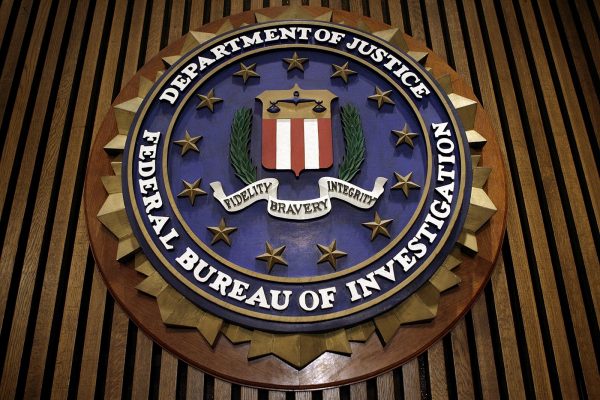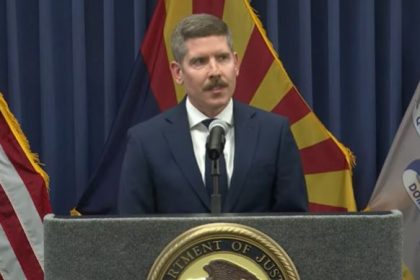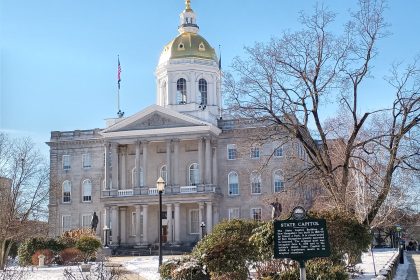Congress Told FBI Often Violates Privacy With Poorly Monitored Internet Warrants

WASHINGTON — Free press advocates told Congress Wednesday that the Justice Department is out of control in secretly seeking Internet-based information about its political adversaries.
Comments from lawmakers during a hearing of the House Judiciary Committee indicated the FBI and other Justice Department agencies are close to suffering a regulatory backlash.
They discussed possibilities for new legislation that would ban investigations of journalists and limit use of secrecy orders to hide their attempts to gather information on the news media and political figures.
They also are considering an inspector general’s probe into alleged privacy abuses by the Justice Department.
“We can’t trust the [Justice] Department to police itself,” said Jerrold Nadler, D-N.Y., chairman of the House Judiciary Committee.
The hearing comes on the heels of admissions by the Justice Department that it secretly sought information about journalists for The Washington Post, CNN and The New York Times.
The journalists were reporting on the congressional investigation into allegations that Russians tried to influence the 2016 presidential election in favor of Donald Trump. Some of their information appeared to be based on leaks from within the Trump administration.
The Justice Department later admitted that its agents secretly obtained warrants from a federal judge to review Internet search metadata and email of the journalists. Metadata refers to information obtained from computer companies, such as Microsoft Corp. and Google, that shows the Internet-based reference material sought by its customers.
The Justice Department also obtained secrecy — or gag — orders requiring the Internet service providers to avoid telling their customers that their records were searched.
The Justice Department notified the media companies about the secret searches after Trump left office but tried to justify them as an effort to find evidence of espionage or other criminal activity.
The disclosures were met by widespread condemnations by the media, persons they interviewed and lawmakers. The outrage continued Wednesday before the House Judiciary Committee.
“In the United States of America, the government should not spy on its citizens,” said Rep. Jim Jordan, R-Ohio.
He and other lawmakers mentioned different examples of what appeared to be unjustifiable Justice Department metadata searches during the Obama and Biden presidential administrations.
To legally obtain warrants for the searches, government investigators must be able to invoke probable cause, which means they must demonstrate a likelihood a crime was committed and that evidence of the crime will be found in the place being searched.
Legal experts who testified at the House Judiciary hearing said the warrants, along with the secrecy orders, obtained by the Justice Department appeared to fall short of the constitutional standards they advocated.
“Most shocking is how routine secrecy orders have become,” said Tom Burt, vice president of customer security and trust at Microsoft Corp.
He said the Justice Department routinely serves warrants for metadata searches on Microsoft at the rate of “up to 3,500 in just one year. These are just the demands served on Microsoft.”
Other warrants are served on Google, Twitter and other computer companies, he said.
He recommended that Congress limit the Justice Department’s authority for secrecy orders to more than 90 days before the companies can tell their customers about them. He also said the computer companies should be given a statutory right to challenge the orders.
“We don’t ask the government to meet an impossible standard,” Burt said. “We do ask for a meaningful one.”
Eve Burton, chief legal officer for media company Hearst Corp., said the privacy risks of allowing the FBI secret access to metadata was too great while telephones and computers are commonly used by most Americans.
“We all rely on those services in our daily lives,” Burton said.
She added, “The DOJ should not be the judge and jury when it comes to citizens’ fundamental rights.”






















